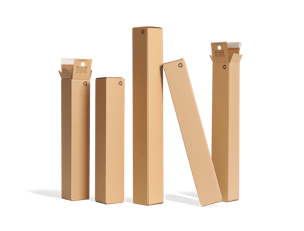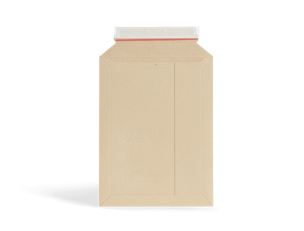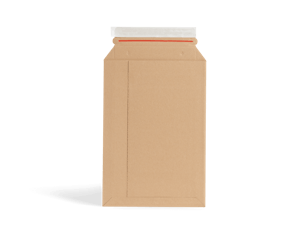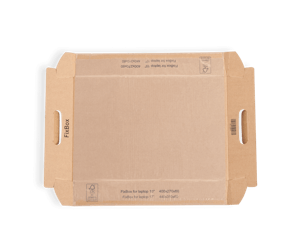
Industrially compostable
Compostable definition
The process of biodegradation under aerobic conditions [1] within a time frame of 6-12 weeks is called composting. When placed in an appropriate environment or facility, compostable products break bioplastic polymers down into CO2 and other ingredients into biomass or soil. This ‘appropriate environment’ consists of an ambient temperature between 50-70°C, the correct humidity, pressure, and appropriate numbers and types of microbes.
A consumer can either use home or industrial compost [2] :
- Home compost: A confined unit that creates the previously mentioned environment, often using food scraps, plant matter and worms.
- Industrial compost: An industrial facility, often run by the city or local government, that takes and processes industrially approved material for large-scale composting. Industrial facilities create hotter environments with higher pressure than home composting.
The end product is compost that adds organic, natural and non-toxic nutrients to the soil.
The U.S. standard for testing industrial compostability is ASTM D6400 [3] and the EU standard for testing industrial compostability is EN 13432 [4] .
Home compostability certifications are very new to the market. The organisation TÜV Austria has created a certification for home compostability: OK compost HOME [5] but it is yet to be widely adopted.
Why you should use compostable products.
Brands may opt for industrially compostable materials as an alternative to petroleum-based plastics. While technically biodegradable, these plastics can take up to 1000 years and more to break down into natural occurring elements.
Compostable products, under the right industrial environment, will break down into CO2 and valuable nutrients in 6-12 weeks.
Why you shouldn’t use compostable products
A brand that has in-depth knowledge of its customers may decide not to use compostable packaging as it knows that their customers don’t have access to the appropriate composting facilities.
Not all municipalities give residents access to composting facilities, and backyard composting requires first and foremost having a backyard, which isn’t so common in cities, as well as time, money and resources. Backyard composting also may be unable to create an environment suitable to compost even certified materials [6] .
Many compostable products are designed to look and feel like what we’re familiar with ? petroleum-based plastics. As a result, many users may by default throw these compostable resources in with traditional recycling. This puts more of a strain on already pushed recycling facilities.
Packhelp and compostable products.
Packhelp follows the compatibility standards of industrial compost systems, rather than home composting standards. Packhelp products that carry the compostable mark can, therefore, be recycled in municipal/industrial facilities.
References
Frequently asked questions
Industrially compostable products deliver the same functionality and effectiveness as similar non-compostable products. These products might be a little less durable compared to non-compostable products. While certain petroleum-based plastics are designed to remain on the earth for thousands of years at a time, industrially compostable materials are formulated to do the opposite. They are made to break down in specific conditions created in a controlled environment, such as an industrial composting facility.
Some compostable and biodegradable products have a scent to them, due to the chemical compounds used to give the product its durability. Some Packhelp customers have said that their bio poly mailers smell like curry. If you wish to use bio poly mailers to send clothing or other items that can absorb the smell, consider wrapping them in something like tissue paper, and telling your customers to wash their purchase before wearing it.
Compostable means that the product will break down into organic matter and CO2 when placed in the right environment (pressure, heat etc). What’s left after this process has nutrients that are beneficial to the soil. Biodegradable means that given the right conditions and presence of microorganisms, the product will break down into basic components found in the earth. Unfortunately, some products that are marked ‘biodegradable’ do break down but leave toxic and damaging chemicals in the process.







































